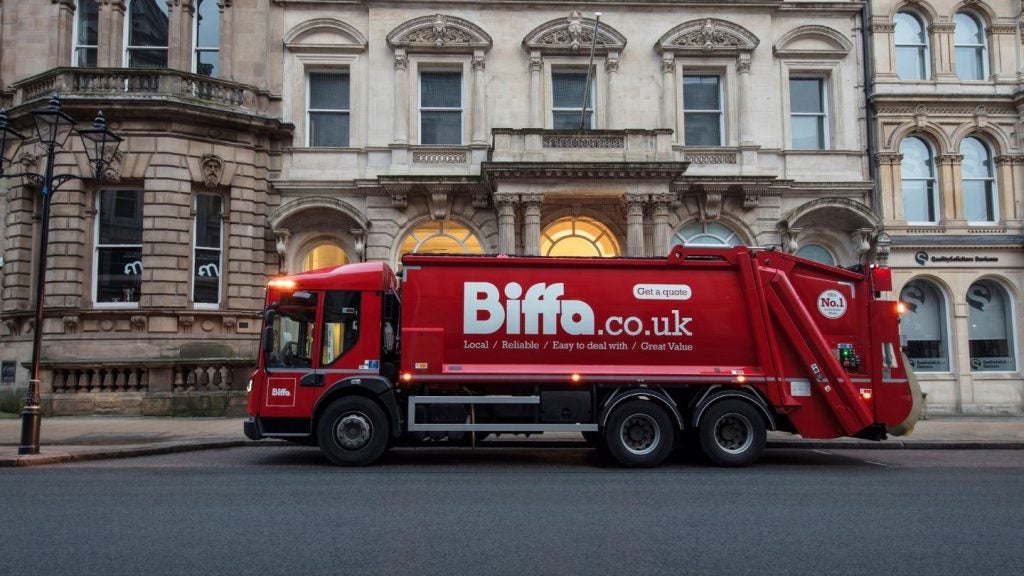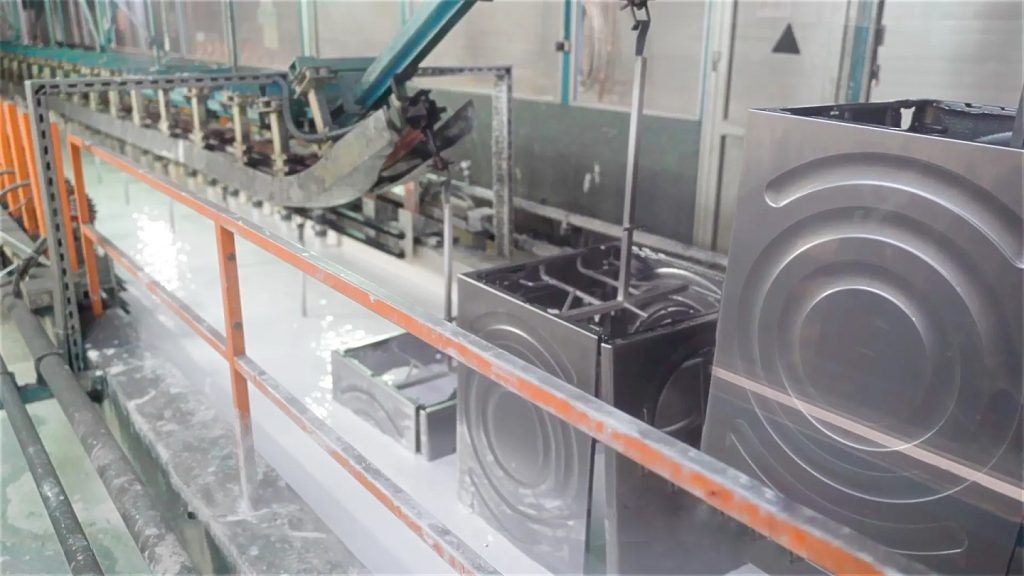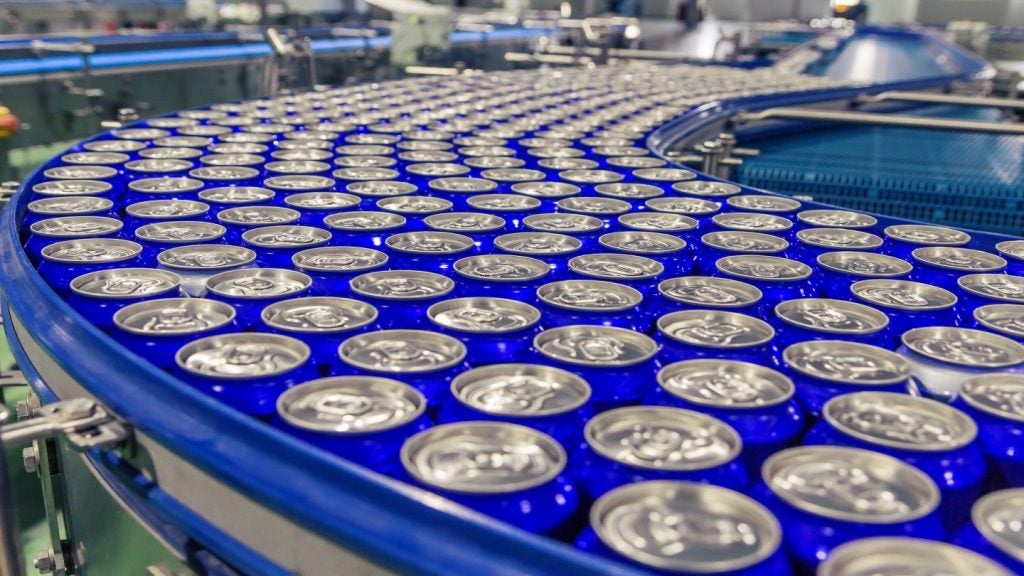UK manufacturer of cardboard packaging Sandland Packaging has retained its PAS 2060 Carbon Neutral certification for the third consecutive year.
This achievement signifies the company's commitment to sustainability and greenhouse gas (GHG) reduction.
Since embarking on its net-zero journey in 2021, Sandland has reduced its carbon dioxide (CO₂) footprint by 17.15%, equalling a total of 1,045,800kg in CO₂ equivalent.
This surpasses the UK's national target of net zero by 2050, as Sandland aims to achieve the goal a full decade earlier by 2040.
Collaboration for sustainable success
Partnering with carbon consultancy Turning The Black Country Green (TTBCG), Sandland measured its carbon emissions across all three scopes as defined by the GHG Protocol.
This approach encompasses emissions from direct operations (scope 1), purchased energy (scope 2), and the upstream and downstream value chain (scope 3).
Following its emission measurement, Sandland implemented strategies to minimise its overall environmental impact.
Additionally, it utilised verified carbon credits from reputable sources such as the UN Framework Convention on Climate Change, Verra Verified Carbon Standard, and Gold Standard in order to offset unavoidable emissions.
This ensures compliance with the PAS 2060 standard, which mandates year-on-year reductions in emissions for carbon-neutral certification.
Becoming a sustainable partner
By retaining PAS 2060 certification, Sandland ensures all its products carry a 'zero GHG emissions' label for customers.
This empowers businesses to reduce their own carbon footprint by switching to Sandland's sustainable packaging solutions.
Looking ahead, Sandland plans to focus on a further 80% reduction in operational emissions within the next three years.
This will involve optimising transportation and energy consumption while engaging its supply chain to collectively decarbonise, as this represents more than 86% of its 2023 carbon footprint.
Benefits beyond sustainability
Sandland emphasises that its sustainability efforts extend beyond environmental benefits.
Reducing GHG emissions translates to cost savings, increased revenue, and a more attractive employer brand.
Studies show that younger generations such as Gen Z are willing to pay a premium for products and services from sustainable businesses.















